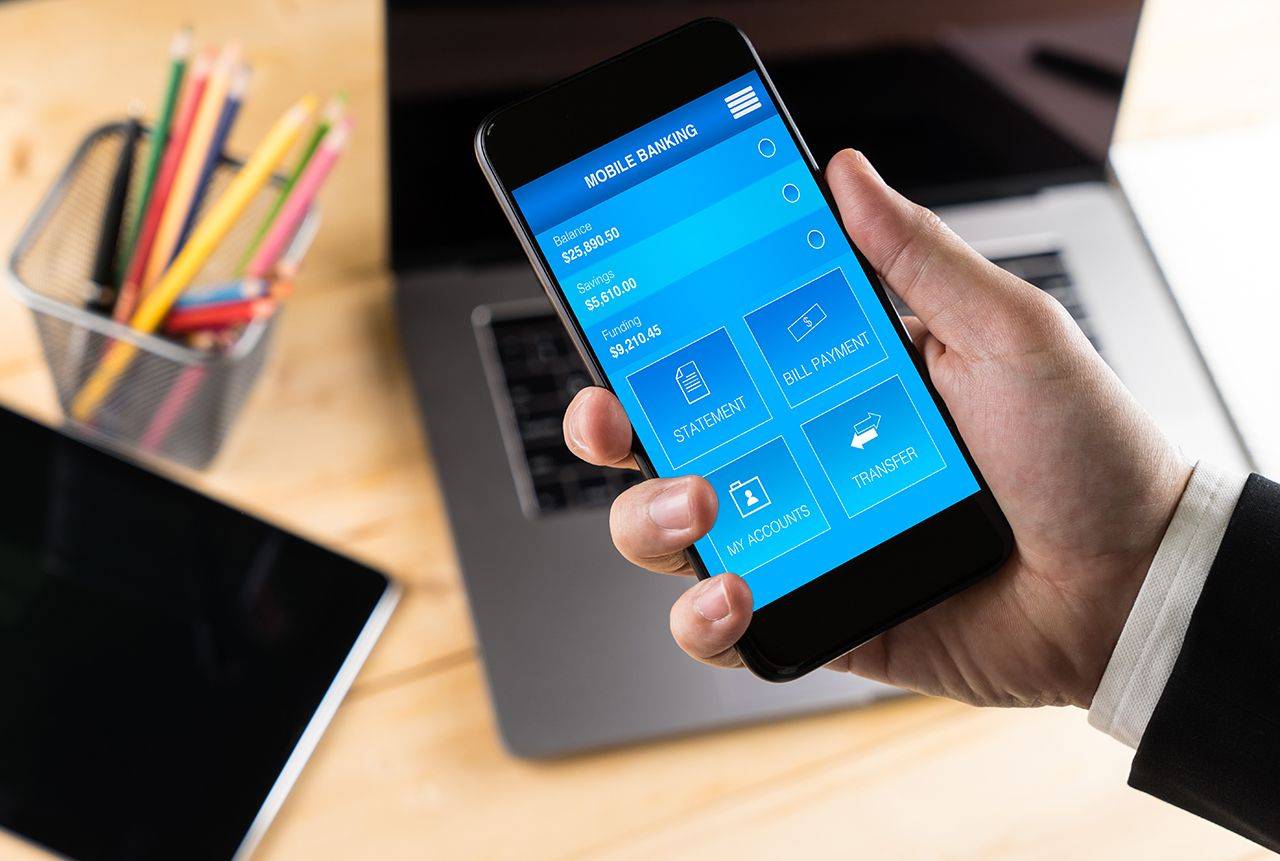(Photo credits: Adobe Stock -)
–
When you enter the workforce, you get your first income and you become financially independent. If you feel real satisfaction in spending the money obtained through your work, it is better not to splurge too much and put in place sound management of your personal finances as quickly as possible. What choices do you have to make? How to set up a budget? What are the good habits to adopt? All our explanations to start off on the right foot.
Choosing the right bank
First, you will need to ask yourself the question of choosing your bank. Chances are, you switched to your parents’ bank when you were younger and haven’t changed financial intermediaries since. However, the prices and services of a traditional bank are hardly suited to a clientele of young working people. You will indeed have every interest in turning to an online bank which will offer a very large number of services and functionalities from its application, all at far more advantageous rates than those charged by network banks.
If you had opted for a neobank during your student years, it will also be time to change banks or also open an account in an online bank. In fact, the neobanks, which in particular allow them to benefit from very advantageous exchange fees, do not make available to their customers, unlike online banks, a developed range of savings products. With your first income, you should be able to subscribe and fund a savings account for your short-term expenses as well as life insurance and / or a PEA and / or a securities account for your long-term projects. Note that you can however open this type of envelope at specialized online brokers.
Choose your fixed subscriptions carefully
Entry into working life and financial independence often goes hand in hand with moving to a new home. Most of the time, this is when we leave the family nest or the student apartment taken care of by the parents. It is therefore often the first time that we have to subscribe to a certain number of constrained and fixed expenses such as gas, electricity, telephone and internet subscriptions, but also home insurance, mutual insurance, etc.
You will therefore have to carry out a serious study of the various offers of the players involved, seeking the best value for money according to your needs. For example, there is no need to take out expensive home insurance, but the basic formula of which covers all your goods up to 20,000 euros if you move into a small studio furnished with second hand and furniture brands at low prices.
Be very vigilant about your expenses during the first months of observation
It’s a safe bet, with your first income, that you have never had so much money. It can be tempting then not to spend too much. If you can take advantage of your first salary to give yourself a long-coveted gift (a pair of shoes, a new computer, etc.), be careful not to spend lavishly.
During the first months of your entry into working life, you will need to be particularly vigilant about your inflows and outflows, an overdraft happens so quickly. You don’t yet know how much you can devote to each expense item. It will be wise before each unconstrained expenditure to look at where you are on your current account using your bank’s app. Also consider whether the expense is worth it or if you can do without it. Better to restrict yourself too much in the first few months than spend lavishly and find yourself in the red.
Create a budget fairly quickly
After a few months, you will be able to create a budget. To do this, review the history of your money inflows and outflows over at least one quarter. Categorize each type of expense. You should devote around 45% of your income to your fixed expenses (but it can be a little more if for example you are a tenant in a big metropolis), 30% to your variable expenses (food, clothes, health, etc.), 15% savings and 10% leisure.
If your breakdown of the various expense items is very different from this example, you will need to make some readjustments. Be careful in particular not to slip savings by the way. From your first income you should get into the habit of putting money aside on a guaranteed investment to build up an emergency fund and finance your short-term projects (such as a savings book); but also on the financial markets to finance your long-term projects (via life insurance, a PEA, a securities account, or even a PER). Indeed, you must think about financing your retirement as soon as you enter the workforce.
Finding the right balance
When it comes to personal finance, the challenge is to find the right balance, especially when you gain financial independence. You will have to learn to take advantage of having a real salary to please yourself without spending too much.
To make fun shopping without feeling guilty and putting your finances in danger, you can count on your budget. Respect the amount allocated to each category, both in terms of savings and leisure. It is the surest way to hold it in the long term!
– .


